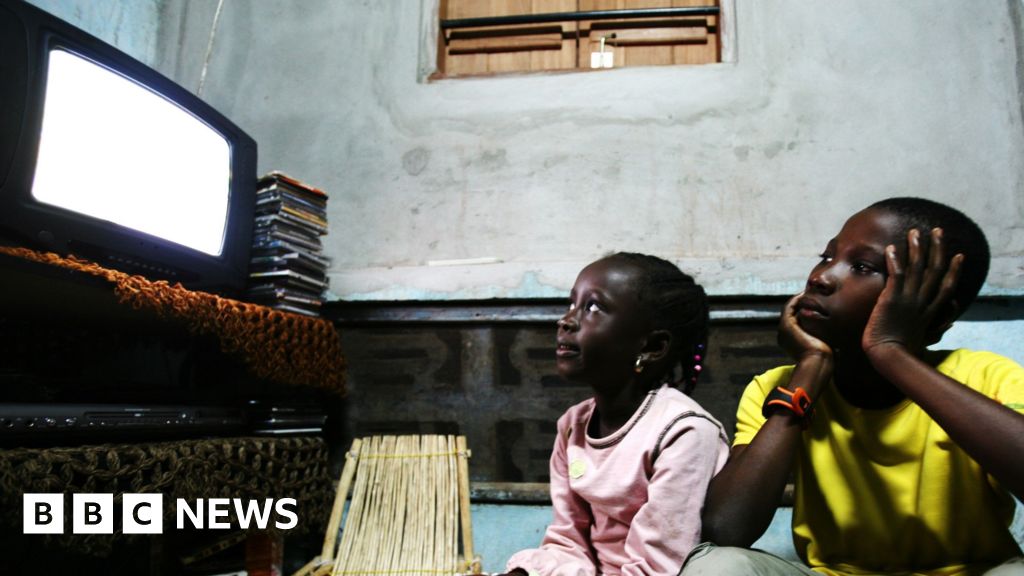- Thread Author
- #1
- Joined
- Sep 29, 2023
- Messages
- 896
- Reaction score
- 141
- Trophy Points
- 4
- Location
- Morganton, NC
- D Bucks
- 💵3.071600
- Referral Credit
- 0
BBC Africa: China's mission to win African hearts with satellite TV

 www.bbc.com
www.bbc.com
As African leaders gather in Beijing this week for the triennial China-Africa summit, Chinese President Xi Jinping may have one thing under his belt to boast about - satellite TV. Almost nine years ago, President Xi promised the heads of state attending the Forum on China-Africa Cooperation (FOCAC) in Johannesburg that China would provide over 10,000 remote villages in 23 African countries with digital TV access.
With over 9,600 villages having received satellite infrastructure, the project is now nearing completion.
The ambitious pledge, revealed during a period of warm China-Africa relations and funded by China’s aid budget, was entrusted to StarTimes, a private Chinese company already operating in several African countries. It was an apparent show of goodwill and an opportunity for China to flex its soft power in a strategically important region.
As China's economy struggles and Beijing re-calibrates its Africa strategy, the BBC visited four villages in Kenya to find out if this "soft power" initiative had paid off. In the village of Olasiti, about three hours’ drive west of the capital, Nairobi, Nicholas Nguku gathered his friends and family to watch Kenyan athletes running at the Paris Olympics on television. “I’m very happy to see the Olympics, which for many years we had not been able to see before we got StarTimes,” he said, speaking of the company’s installation of satellite dishes about four years ago.
He is far from the only beneficiary of StarTimes’ presence across Africa. First introduced to the continent in 2008, StarTimes is now one of the largest private digital TV providers in sub-Saharan Africa, with more than 16 million subscribers.
Analysts say that low pricing initially helped to secure its foothold. In Kenya, monthly digital TV packages range from 329 shillings ($2.50; £2) to 1,799 shillings ($14; £10.50). In comparison, a monthly package for DStv, owned by MultiChoice, another major player in the African digital TV market, costs between 700 and 10,500 shillings.
While StarTimes partly relies on subscriptions for its core revenue, the “10,000 Villages Project” is funded by China's state–run South-South Assistance Fund. The satellite dishes all feature the StarTimes logo, Kenya’s Ministry of Information emblem, and a red “China Aid” logo. During the installation of these dishes, StarTimes representatives said that this was a "gift" from China, several villagers recalled.
According to Dr Angela Lewis, an academic who has written extensively on StarTimes in Africa, the project had the potential to leave a positive image of China for African audiences. Villagers under the project ostensibly received everything for free, including the infrastructure, such as a satellite dish, battery, and installation, as well as a subscription to StarTimes’ content. This was a “game-changer,” according to Dr Lewis, as remote villages in Africa previously mostly had access to choppy and unreliable analogue TV.

China's mission to win African hearts with satellite TV
China pledged to install satellite dishes in some 10,000 villages across Africa, aiming to generate goodwill.


